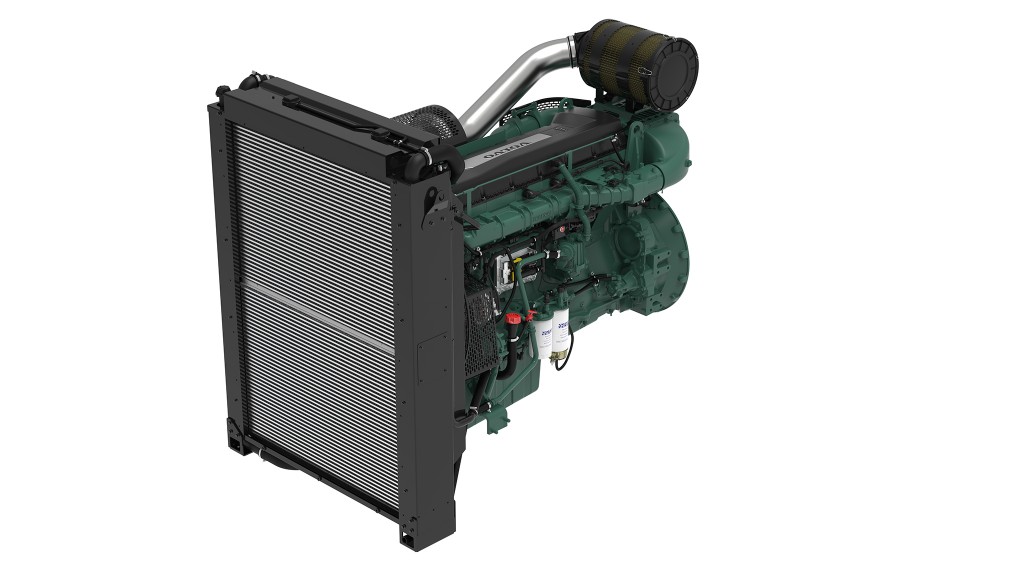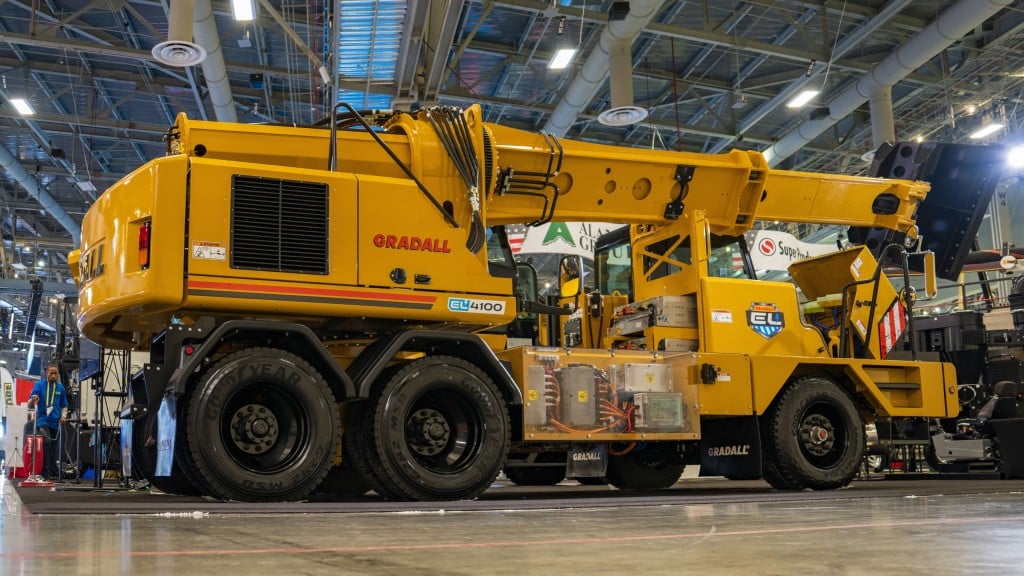17 ways Volvo Penta’s powerful D17 industrial genset engine is powering power needs now and into the future

The D17 industrial genset engine supports both current and future power needs.
Volvo Penta
Volvo Penta's most powerful engine - the D17 - supports the current business needs of industrial customers as well as their future demands as they navigate the energy transition towards decarbonization using renewable fuels. This is just one reason to choose the D17 power generation engine - read on to discover a whole lot more.
- Fuel Efficiency: Compared to the D16 model, the new D17 offers up to 5 percent less fuel consumption per kWh due to recent evolutions in combustion technology, such as the modernization of the fuel-injection system with a common-rail design.
- Weight Optimized Design: A compact and low-weight design is well-balanced, providing smooth operation with low noise and vibration and an overall easy installation, service, and transport.
- HVO Compatible: Volvo Penta is actively investigating alternative fuels and various technologies. Currently, all Volvo Penta engines, including the D17, can run on HVO (hydro-treated vegetable oil).
- Cooling Package: Add the option of a viscous fan and air filter that will suit a variety of installations and further reduce fuel consumption and noise emissions.
- Power Density: The 17-litre diesel engine uses dual-stage turbochargers and heavy-duty steel pistons, making it optimally designed to power a wide range of stand-by (up to 881 kVA) and prime power generator sets (up to 758 kVA).
- Prepared for the Future: The D17 - together with the rest of the Volvo Penta power generation line-up - will evolve to enable customers to transition to significantly lower well-to-wheel emissions using renewable fuels.
- TCO: The D17's extended service and oil change interval of 1,000 hours, low heat rejection, serviceability, and spare part commonality, can all contribute to keeping expenses down.
- Load Acceptance: The D17 complies with the most stringent ISO8528 G3 standard for load acceptance, indicating that it can meet power demand in response to a blackout.
- Emissions: The D17's exhaust emissions comply with UNECE REG 96 Stage 2 (equivalent to EU Stage II mobile off-highway requirements).
- Certification Standards: Volvo Penta's most powerful industrial genset engine is certified for US EPA Tier 2 Stationary Emergency, enabling it to be used for supplying a few hours of backup power in some highly regulated regions.
- Enhanced Volume: Volvo Penta engineers developed a larger bore engine for the D17, which enabled the larger volume compared to the D16 and led to a 10 percent increase in maximum standby power over the TWD1645GE at 1,800 rpm.
- Warranty Options: Depending on where your industrial operation is in the world, Volvo Penta offers customers engine warranty options.
- Dual Speed: The dual-speed (1,500/1,800 rpm) D17 is suitable for a wide range of applications, most notably where sufficient backup electrical power must always be available.
- Single Supplier: As an independent supplier, all Volvo Penta products are a complete solution - designed, tested, manufactured, warranted and serviced by one company and network.
- Aftermarket Support: Take advantage of an extensive global network of dealers to secure performance and uptime. Volvo Penta can support projects throughout the lifetime of the machines.
- Seamless Integration: The D17's sister engine, the D16, with an inline six-cylinder block, provided the starting block for the new design, ensuring the D17's basic footprint would remain the same.
- Partnership Potential: Choosing the D17 includes more than just the engine itself. With your application in focus, a Volvo Penta partnership entails collaboration all the way from the design stage to aftermarket service.



